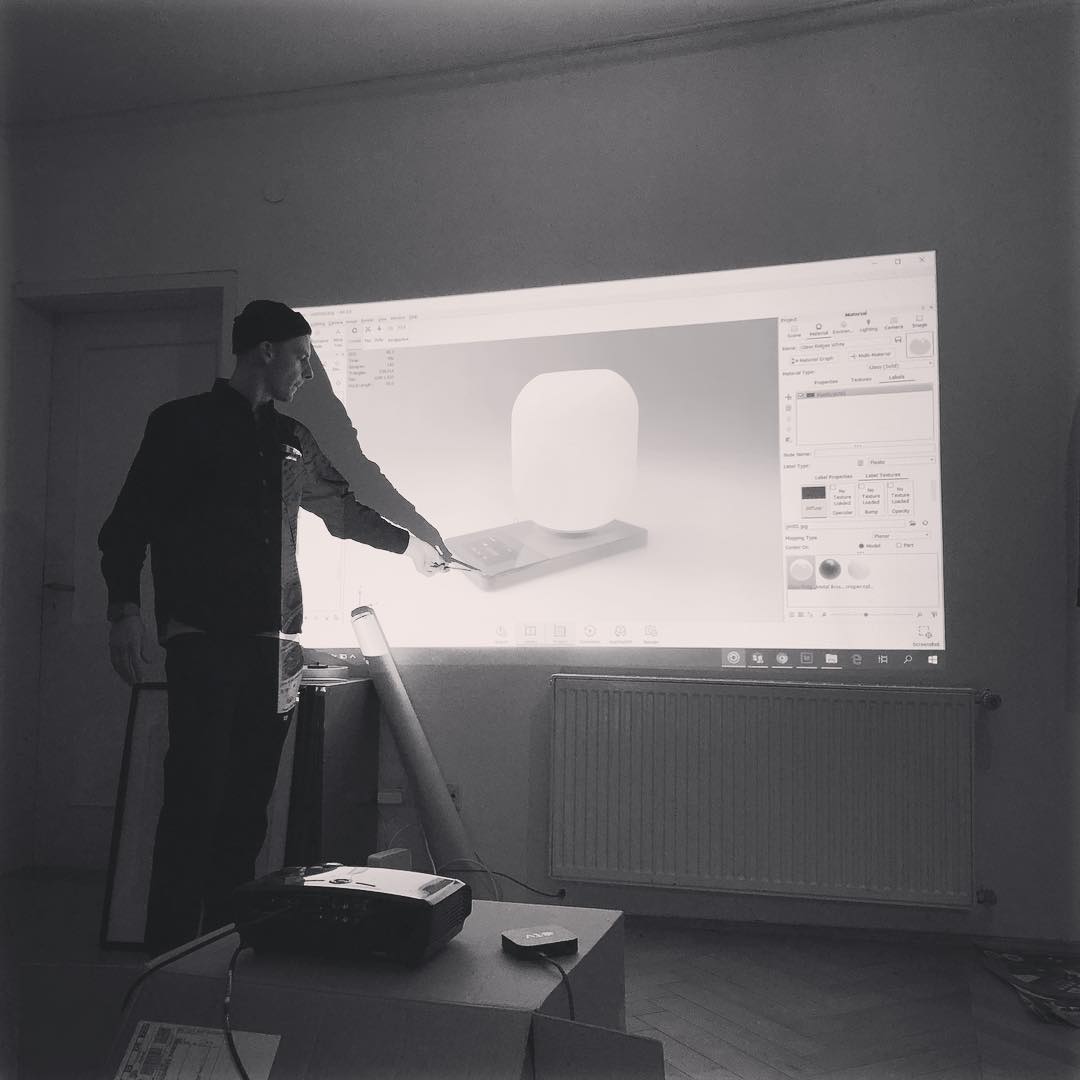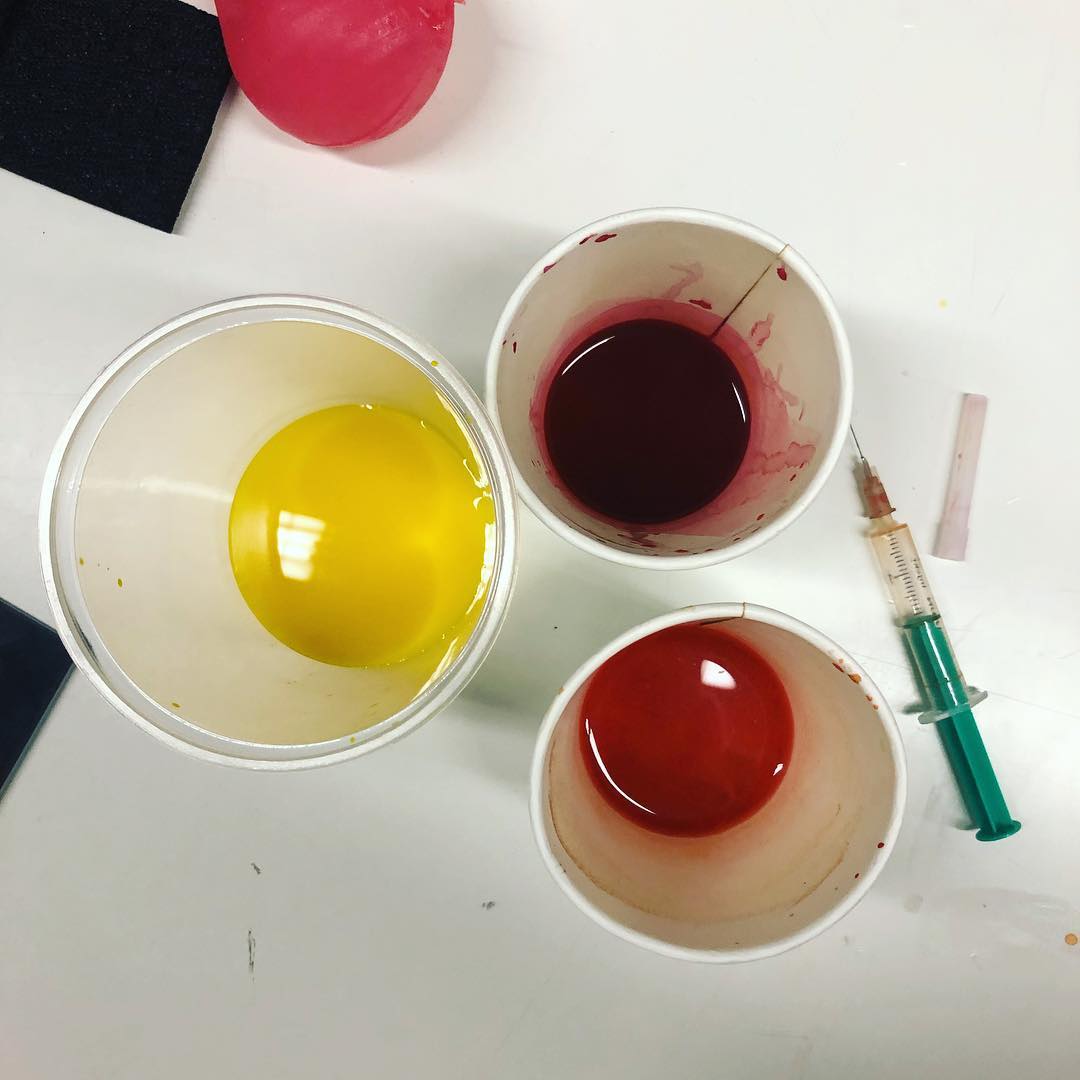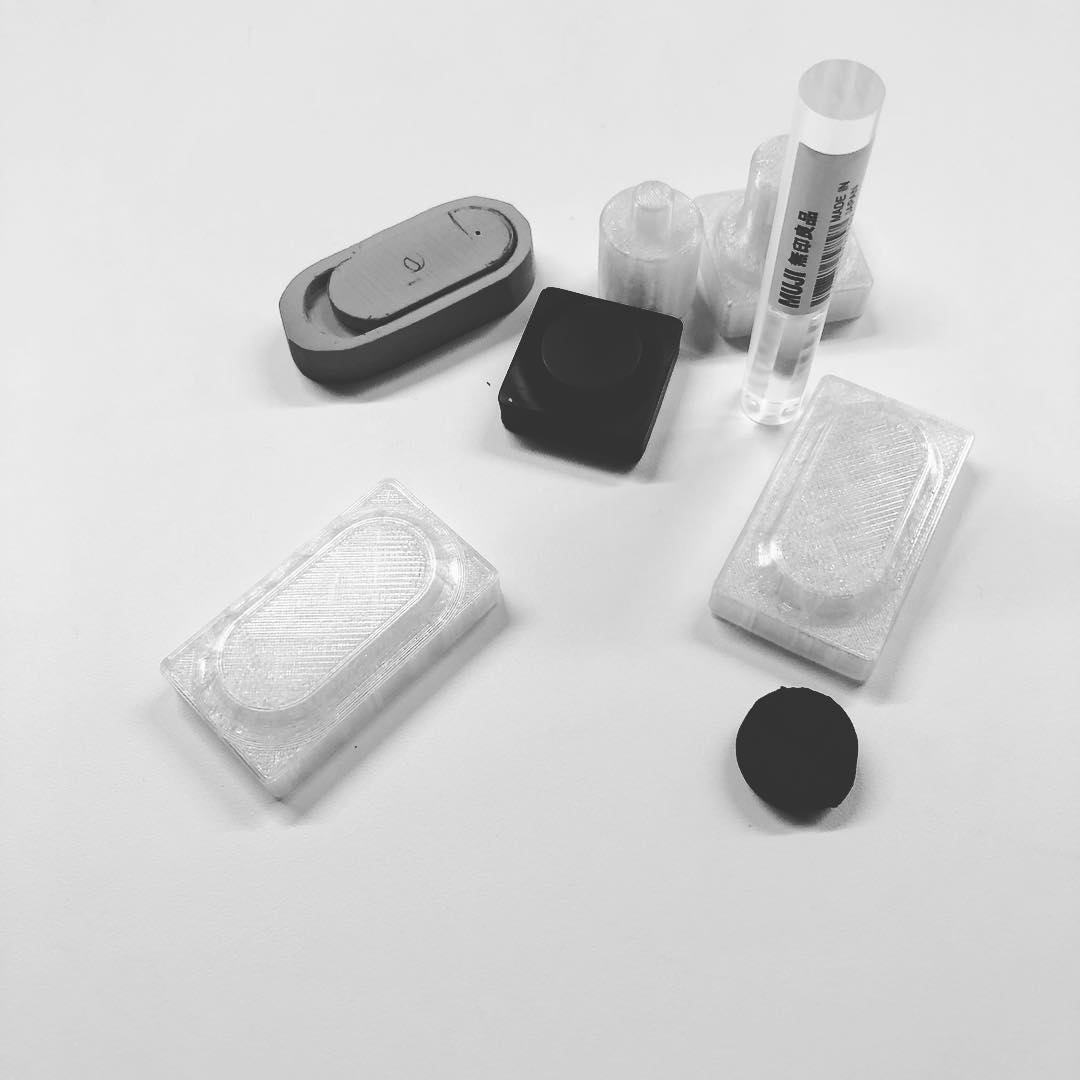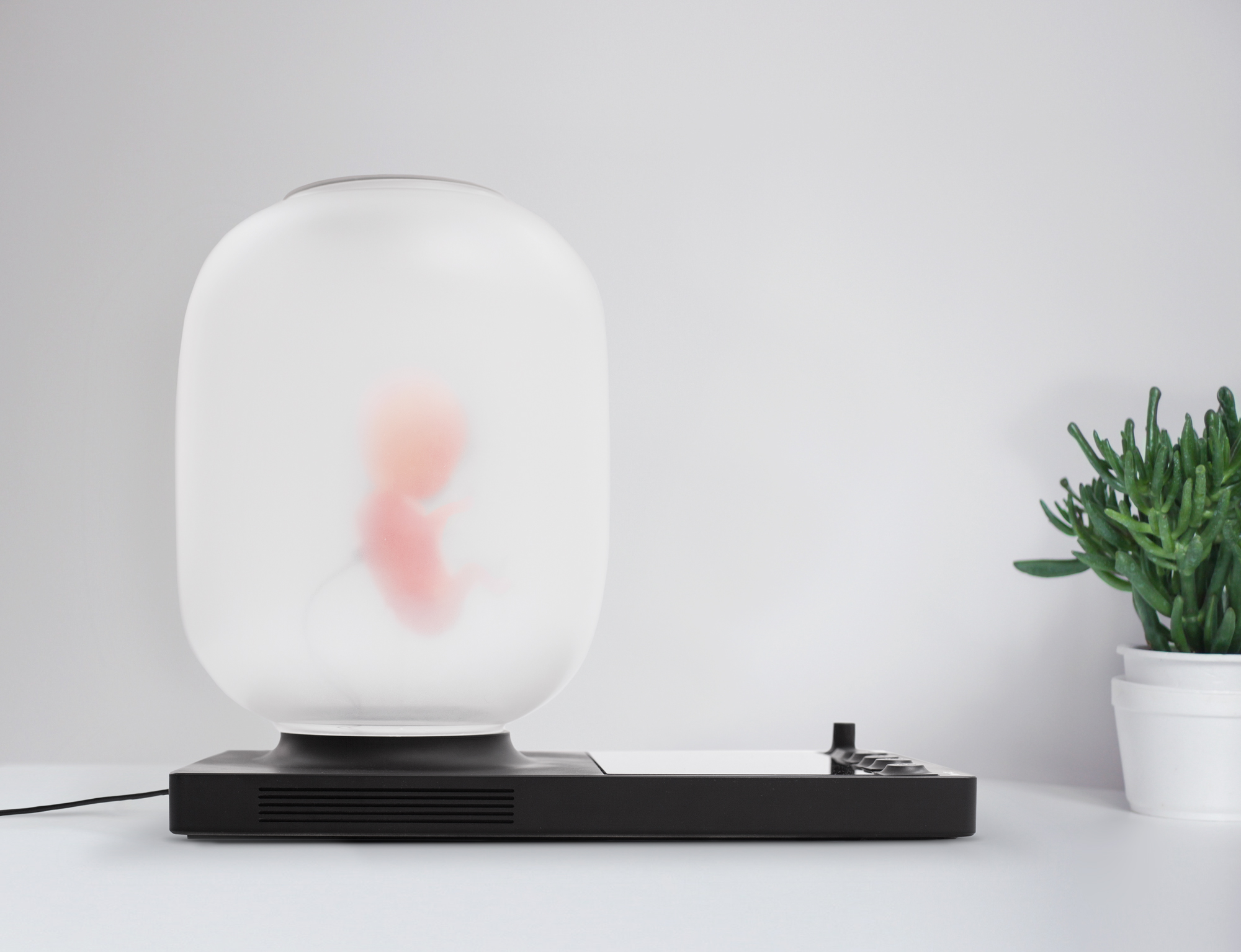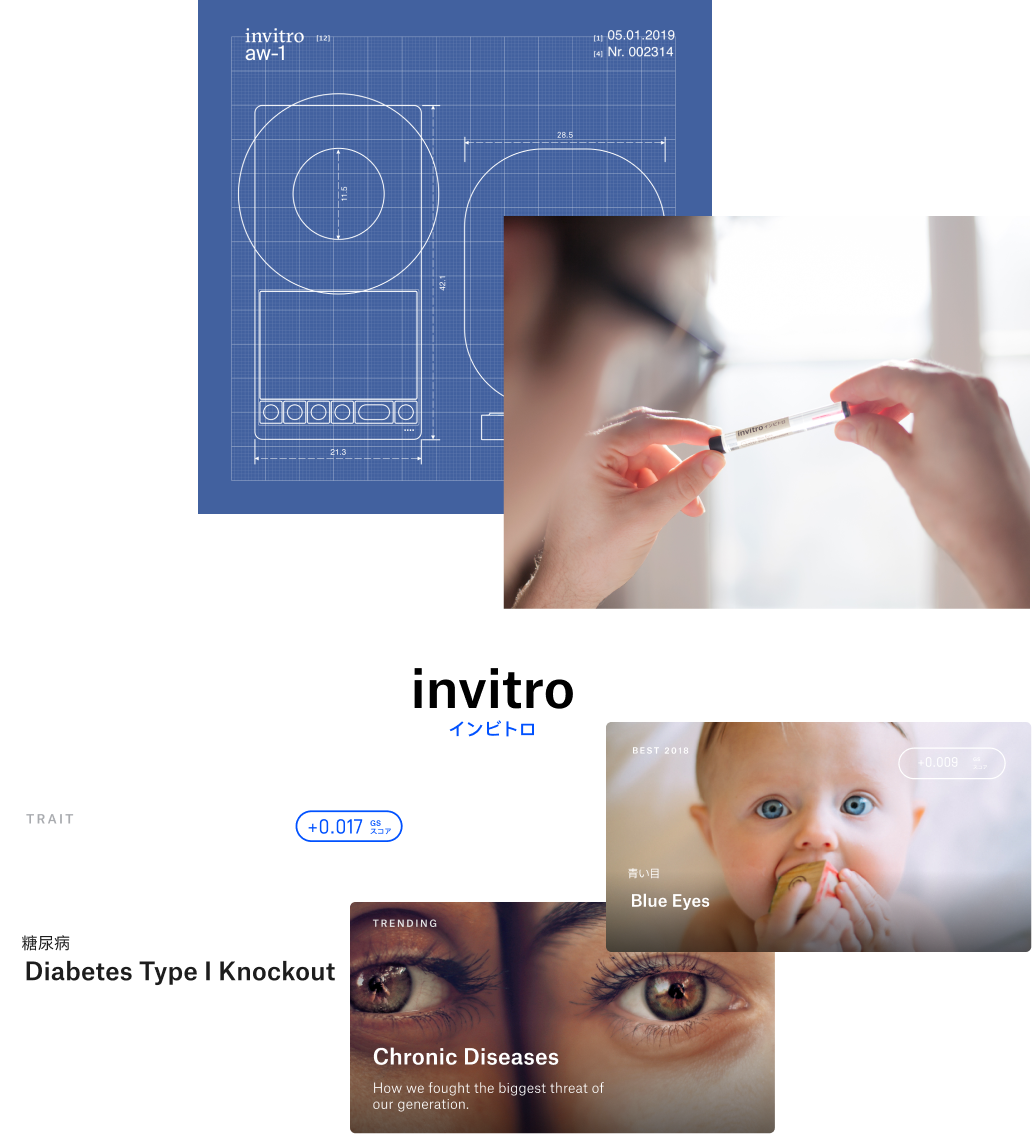
Critical Design December 2018, 8 Weeks HfG Schwäbisch Gmünd
As recent developments have shown, the issue about the consequences of genetic engineering is more relevant than ever. No matter how convincing the ethical arguments may be, it is hard to see how they can hold back the next step for long, especially if what is at stake — the possibility of prolonging human life indefinitely, conquering incurable diseases and upgrading our cognitive and emotional abilities. The only thing we can do is to influence the direction we are taking and to debate how a desirable future with genetic engineering might look like.
With Invitro, we are drawing a layer of imaginary services and products that provide a glimpse into a speculative future — aiming to raise a critical mindset on the profound implications of a society driven by the supremacy of the biological genome. It’s an approach to stimulate a discussion on the ethics of genetic engineering and to raise awareness on the matter.

